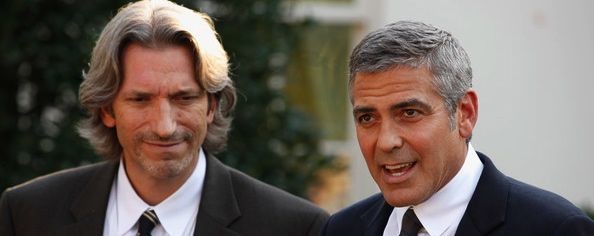The United States government is not able to enforce an effective sanctions regime against the South Sudanese government and rebels at this time, according to the American activist group ‘Enough Project’.
The group, which is lobbying for more ‘coercive influence’ by the US in regards to its policies in Sudan and South Sudan, warns that a key department within the US government lacks the resources now to execute an effective sanctions policy.
US President Barack Obama issued an executive order on 3 April granting power to his cabinet officials to identify leaders whose forces are responsible for committing human rights abuses in South Sudan, and to seize their assets in US banks or in banks in cooperating countries.
In the case of comparable sanctions policies against other countries, the US often works with neighbors and allies to widen the scope of the sanctions beyond US borders and seize assets in countries that neighbor the targeted country.
The Treasury Department is responsible for implementation of the sanctions, but the US Secretary of State John Kerry advises on which individuals should be placed on the sanctions list.
Kerry said in an interview on Monday that the State Department was studying the sanctions issue and would later potentially act on the matter.
However, according to John Prendergast, a former White House official who founded the advocacy group Enough Project, the sanctions proposal is a policy “set up to fail” because of weak implementation capacity.
In an open letter on Tuesday to Kerry, US Ambassador Susan Rice and US Ambassador Samantha Power, the activist warned, “the resources necessary to track assets through the Treasury Department… are plainly inadequate.”
“Any robust policy that would be designed to meet these objectives is set up to fail because of a lack of implementation capacity,” he added.
“In South Sudan, the key to increasing international leverage at the peace talks will be for the US to work closely with regional states to freeze or seize assets of senior government and rebel officials implicated in atrocities,” wrote Prendergast.
He went on to point out that “most South Sudanese elites keep their assets in Kenya, Ethiopia, Uganda, South Africa, or Dubai. Many also hold dual citizenship and have their families in Canada and the US.”
Prendergast recommended seizing houses, freezing bank accounts, and limiting or ending the travel and residence permissions of family members of perpetrators of the war.
But he expressed doubts about whether the Treasury Department’s Office of Foreign Assets Control (OFAC), tasked with implementing targeted sanctions directives, could handle the responsibility.
“Currently, OFAC does not have the staff to carry out all of the responsibilities that have been assigned to it, including Russia, Syria, and Iran, as well as Sudan itself,” he said.
“We doubt it is feasible to launch a major investigation of South Sudan’s assets in the region or more fully engage on Sudan sanctions. More staff is imperative for meaningful sanctions efforts in a number of these countries, particularly South Sudan,” Prendergast told the US officials.
File photo: John Prendergast (left) with actor George Clooney (right)
Related coverage:
Obama under Congressional pressure to sanction South Sudanese leaders (27 Apr.)
Full text: Executive order blocking property of certain persons with respect to South Sudan (3 Apr.)




